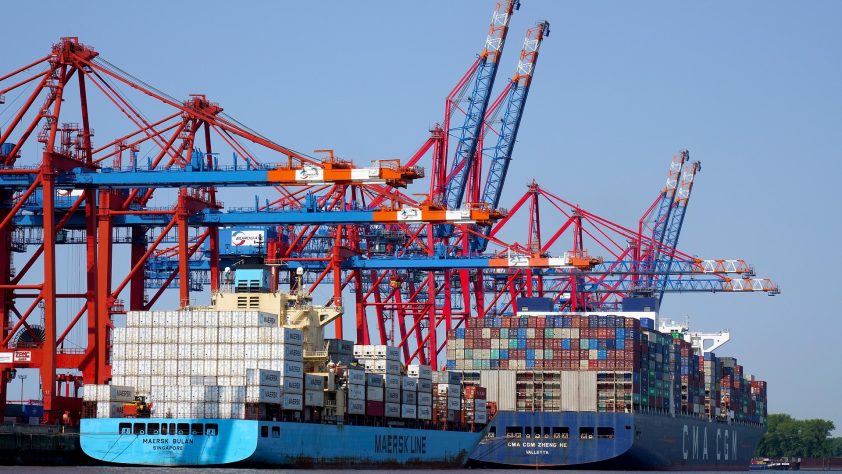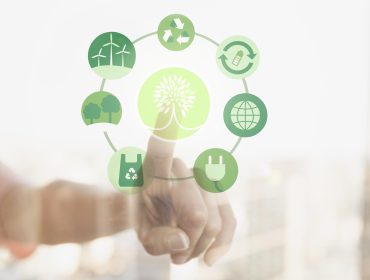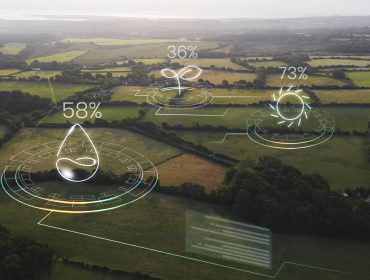
Building Resilience: SMEs Navigating Supply Chain Challenges in Turbulent Times
Small and medium enterprises (SMEs) are facing unprecedented challenges as global supply chains become increasingly vulnerable to geopolitical tensions, conflicts, and disruptions. A recent webinar hosted by Heriot-Watt University explored how SMEs can adapt to these volatile conditions and build more resilient operations.
Speakers highlighted that traditional supply chain models, focused mainly on efficiency and cost reduction, are no longer sufficient in an unpredictable world. Instead, resilience, adaptability, and diversification have become essential principles. SMEs are now encouraged to rethink their sourcing strategies by diversifying suppliers and considering near-sourcing options to reduce dependence on distant markets. This approach can help mitigate risks linked to transport delays, trade restrictions, or political instability.
Another key takeaway was the need to shift from the “just-in-time” inventory model to a more flexible “just-in-case” mindset, giving companies a buffer against unexpected shocks. Building stronger relationships with suppliers and monitoring their performance regularly were also underlined as crucial steps to ensure reliability across the supply chain.
Technology plays a central role in strengthening resilience. Digital tools such as predictive analytics, artificial intelligence, and blockchain can enhance visibility, identify potential vulnerabilities, and support faster decision-making in times of crisis. The webinar also emphasized the importance of resilience metrics and stress-testing methods—like assessing “time to survive” and “time to recover”—to measure a company’s ability to withstand disruptions.
Despite the limited resources that often characterize SMEs, participants agreed that investing in resilience ultimately leads to greater stability and long-term growth. The key message was clear: by embracing innovation and proactive risk management, SMEs can turn uncertainty into an opportunity for sustainable success.
Read more: Navigating Supply Chain Challenges for SMEs During Conflicted Times
Related Post
OpenAI launches new AI Accelerator for...
OpenAI has launched the EU Economic Blueprint 2.0, introducing a new set of initiatives aimed at accelerating AI adoption across Europe and ...
SME climate finance stocktake: Turning ambition...
Small and medium-sized enterprises are vital to global climate action, yet access to green finance remains a major barrier to scaling their ...
Sustainability Meets Growth: A Roadmap for...
Small and medium-sized enterprises (SMEs) represent 90% of businesses globally and account for 40%-60% of business-sector greenhouse gas (GH...




